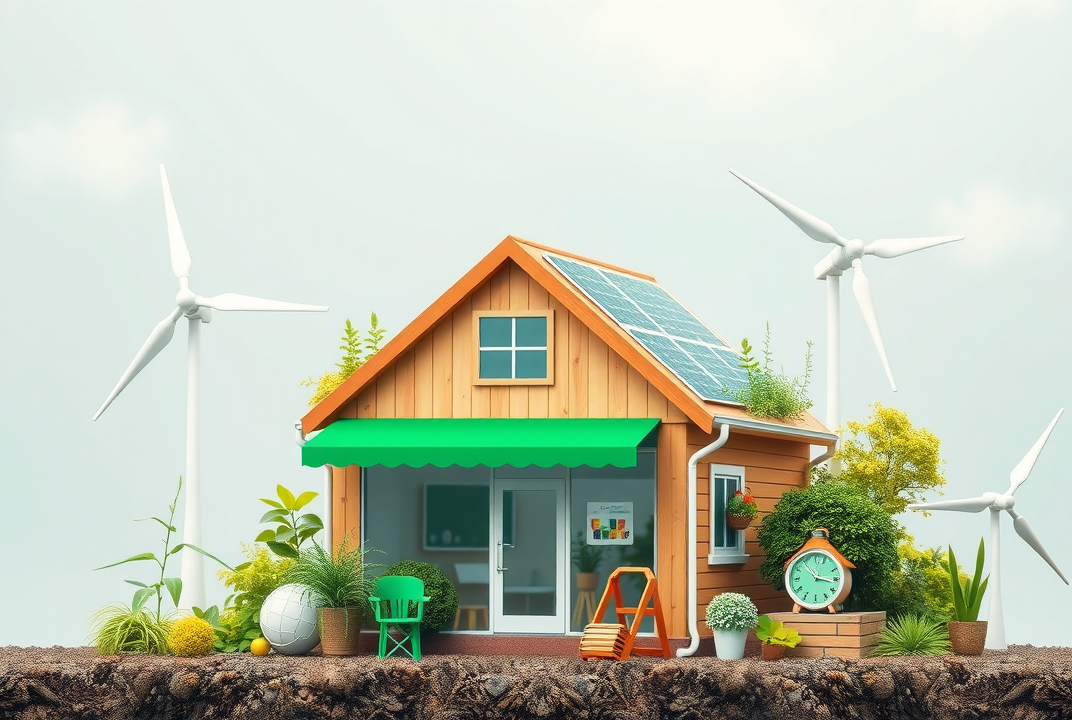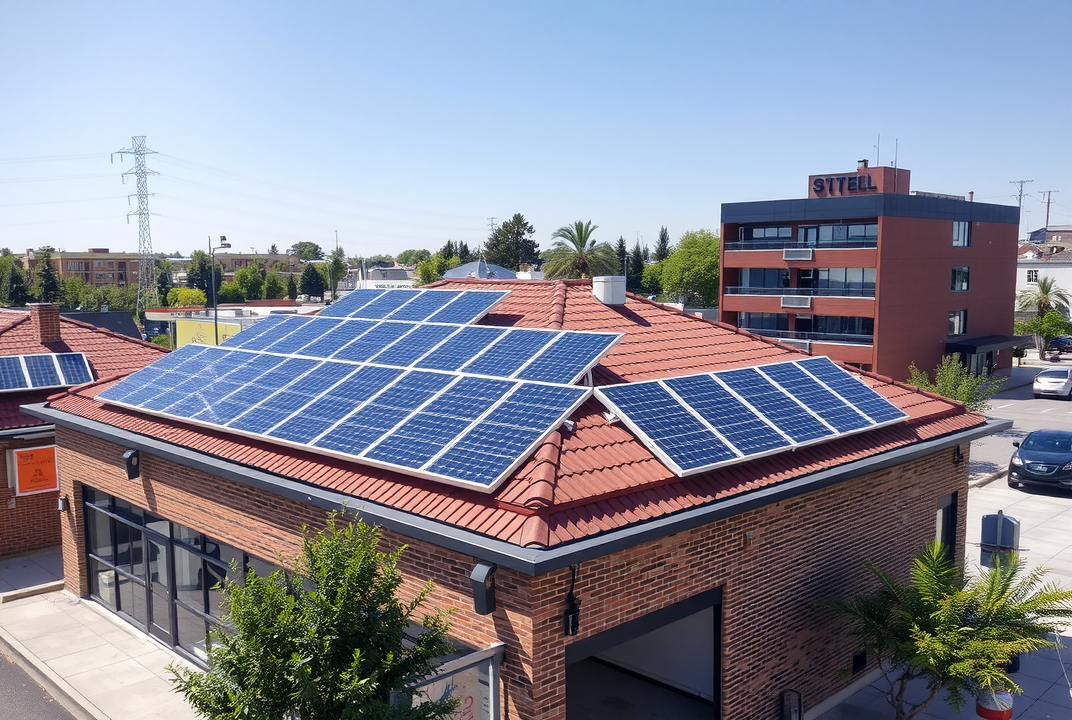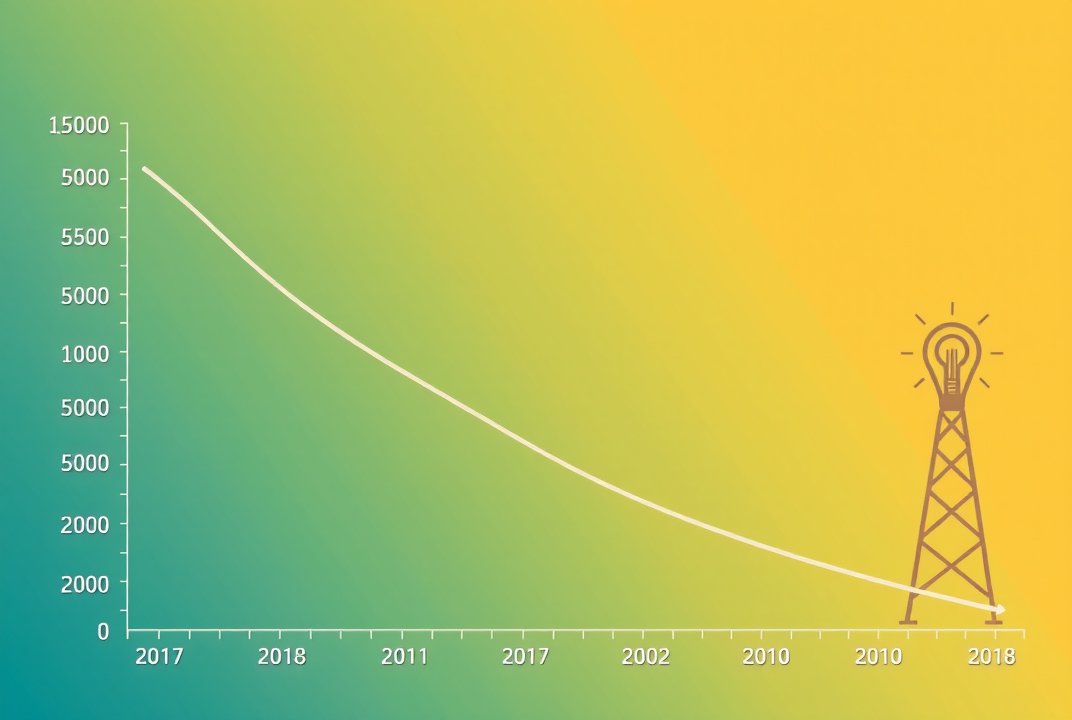Boosting Profits with Green Energy: Top Solutions for Small Businesses

Introduction
Imagine your small business saving thousands on energy bills each year while reducing its carbon footprint. Sounds like a win-win, doesn't it? Green energy solutions offer just that: a way to shrink costs while stepping toward a more sustainable future. With energy prices constantly on the rise and global sustainability more crucial than ever, finding profitable green energy solutions can seem overwhelming but it doesn't have to be.
In this article, you’ll learn about various green energy solutions tailored for small businesses. We'll explain how these solutions work, the benefits they offer, and how to start implementing them to make your business both eco-friendly and economically robust.
Why Green Energy Solutions Matter
Moving toward green energy isn’t just a trend; it’s a necessity. As businesses of all sizes face mounting pressure to reduce emissions, the push for renewable solutions becomes urgent. Small businesses can lead the charge, not just for ethical reasons, but because the financial savings and incentives are real.
Using green energy can significantly cut down operational costs. Doing so might also open doors to government grants and tax rebates that reward sustainable practices. This helps both the planet and the bottom line of small businesses.
Types of Green Energy Solutions
Solar Power: Harnessing the Sun
Solar panels are the poster child of renewable energy. While installing photovoltaic (PV) systems might seem costly upfront, they offer tremendous long-term savings. Here’s how it breaks down:
-
Initial Investment & Savings: It may take several years for solar panels to pay back their cost, but their lifespan extends beyond 20 years.
-
Tax Incentives: Many governments offer incentives that subsidize the cost, making solar energy more accessible.

Wind Power: Capturing Breezes
While you might picture vast fields of giant turbines, small wind systems are suitable for businesses in rural or suburban areas. Here’s what to consider:
-
Installation Considerations: You'll need adequate space and favorable wind speeds (around 9 mph or greater).
-
Maintenance: Although maintenance might seem daunting, modern systems require surprisingly little upkeep.
Geothermal Energy: Heat from the Earth
Geothermal systems tap into the Earth's natural warmth to heat and cool buildings. They're particularly efficient and cost-effective in areas with suitable geological conditions.
-
Installation Requirements: Geothermal solutions require specific geographic conditions, and upfront costs can be steep.
-
Long-term Benefits: Once operational, the systems offer reliable energy with minimal ongoing costs.
Implementing Green Solutions in Small Businesses
Conducting an Energy Audit
Before diving into renewables, know where you stand. An energy audit helps you understand your current energy usage and identifies areas for improvement. Partnering with energy consultants can help small businesses pinpoint waste and tailor solutions that fit their specific needs.
Partnering with Green Energy Providers
Small businesses should explore contracts with green energy companies, which provide sustainably sourced electricity, often at competitive prices.
-
Research Suppliers: Look for local or regional providers that specialize in renewable energy contracts.
-
Long-term Planning: Consider fixed-rate contracts to hedge against rising fossil fuel costs.
Navigating Financials: Incentives and Investments
Government Incentives
-
Tax Credits and Rebates: Access to federal and state programs can significantly reduce installation costs for renewables.
-
Grants: Some regions offer grants specifically targeting small business energy efficiency improvements.
Evaluating Investment Returns
Understanding the return on investment (ROI) is key. Look at:
-
Payback Periods: How long it takes to recover your initial investment through energy savings.
-
Future Energy Savings: Calculate potential long-term savings.

Overcoming Barriers to Adoption
Addressing Misconceptions
Some business owners hesitate due to myths about green energy, such as the belief that it's too expensive or unreliable.
-
Dispelling Myths: Plenty of data supports the reliability and long-term cost savings of renewable energy solutions.
-
Success Stories: Highlight examples of small businesses that have successfully transitioned to greener practices.
Building an Eco-friendly Culture
Fostering a sustainability-focused culture not only helps adoption internally but can also engage customers who value environmentally responsible companies.
-
Employee Engagement: Involve staff in energy-saving initiatives.
-
Customer Communication: Share your green story publicly through marketing efforts.
Technologies on the Horizon
Looking forward, small businesses can anticipate more advanced technologies in renewable energy. Innovations like improved battery storage, microgrid technology, and smarter energy management systems are coming up fast.
Battery Storage
-
Usage: Enhance the efficiency of solar and wind power systems by storing energy for use when it's needed most.
Microgrids
-
Purpose: Enhance energy resilience by enabling businesses to generate their own power and manage usage more effectively.
Conclusion
Green energy solutions offer small businesses a path to sustainability and profitability. By investing in solar, wind, geothermal, and other renewable resources, businesses can reduce energy costs, tap into government incentives, and support a healthier planet.
Now's the moment for small businesses to act. Whether it's installing solar panels or adopting energy-efficient practices, each step promotes a more sustainable future while nurturing financial success. Seize the opportunity to innovate and lead in this transformative era.
Call to Action: Get started with a simple energy audit today and explore how green energy solutions can benefit your business.

